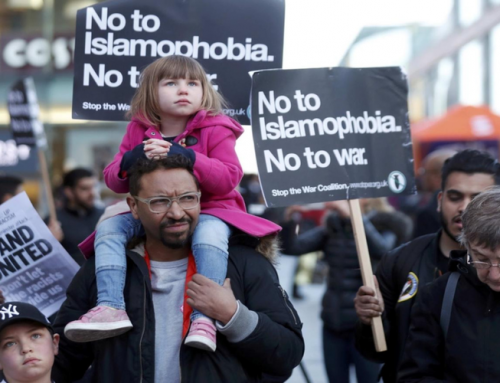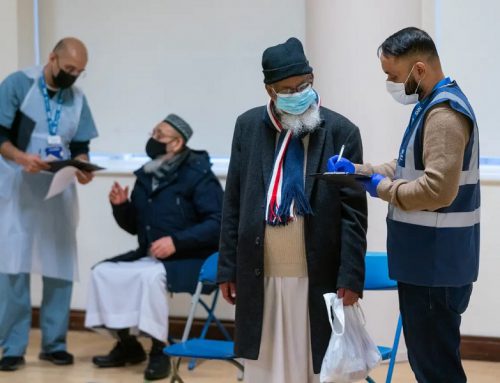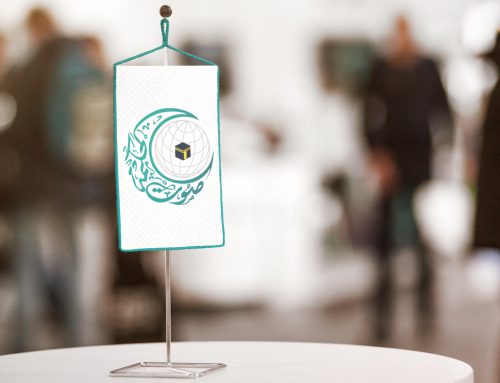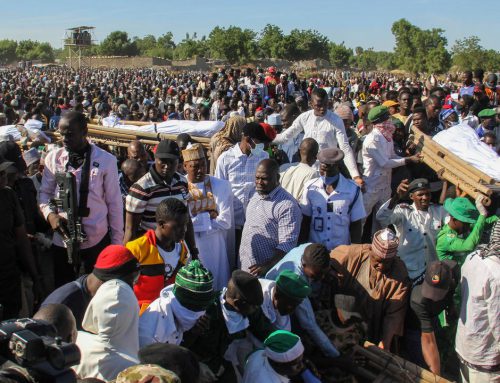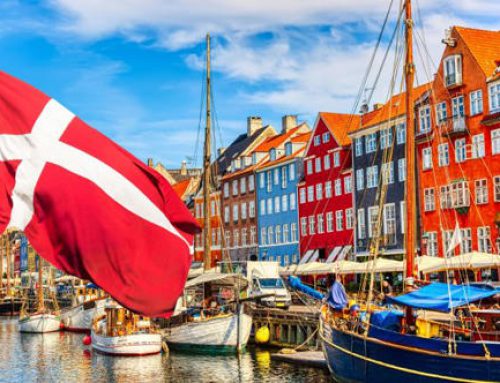Greek myth tells us that Zeus released two eagles, one at either end of the Earth, and commanded them to fly towards each other. A sacred stone—the omphalos, ‘the navel of the world’—was placed where they met, to enable communication with the divine.
Where those two eagles would meet—the area we might today call the Middle East or West Asia—has always been the part of the world where different eagles meet to enable communication with the divine in different languages, traditions and perspectives. It was the original melting pot.
But this is not always the story we tell ourselves about the region in particular, or the Muslim World in general.
Minorities in Muslim-majority countries are all too often invisible—unless tragedy strikes. Tens of millions of Christians in the heart of the Muslim world, many of whom are Orthodox Christian, celebrated Christmas on Sunday, January 7.
There was scant global attention cast on these respected citizens, as they rejoiced with their fellow countrymen. If we allow the cameras to only show up when disaster strikes, we miss most of the story.
Imagine you live in the Middle East or South Asia, and your only knowledge or experience of Europe is through your local media. The only time this media discuss the diversity of modern European society is when, for example, there are race riots, or the election of a far-right party with a xenophobic agenda.
Would this story do Europe justice? And what would it mean for how you thought about Europe, and how you felt about Europeans?
Simplistic, one-dimension caricatures of Muslim-majority societies are the first step on the stairway to Islamophobia and anti-Muslim prejudice. If even citizens of different religious backgrounds are reduced to being perceived as part of a homogeneous mass, it is easy for members of the same religion to be treated as ‘all the same’, and for them to be judged (and punished) collectively based on the actions of the worst of their co-religionists.
Multiculturalism is native to the Muslim world. This tradition goes back not only centuries but millennia, contrasting with the more recent transactional and perhaps transient immigration-based diversity in some other parts of the world, which is often driven by the economic need for immigrant labor rather than any innate impulse for coexistence.
It is precisely this deep-seated diversity of the populace in many Muslim-majority states that makes them sometimes challenging societies, and creates fault lines that can be exploited by internal and external malefactors alike.
To resolve these inter-communal issues, and to build resilience against future threats, the Muslim world must continue to rediscover its history of Muslim-Christian coexistence.
Events such as Prophet Muhammad’s marriage to a Coptic Christian woman called Maria (still a popular baby name in many Muslim communities), his covenant and charter of rights with Christian citizens, and his instructions for his persecuted companions to seek asylum under the Christian King Negus are important in reminding the Muslim world of its true multicultural identity.
And the lessons are not only from the seventh century: Heads of state and civil society figures across the Muslim world commemorate Christmas every year—even in countries that may be labelled ‘conservative’ or ‘theocratic’ by outside commentators.
The true face of Muslim pluralism can be seen in the recent reopening of St. Stephen’s Church in Istanbul, or the increased solidarity between Egyptians of different faiths in the wake of terrorist tragedies.
What else would one expect from the region that contains ‘the navel of the world’, where eagles from opposite ends of the Earth meet?
Bashir Ahmad Ansari is the director of the Dialogue and Outreach Department and the Voice of Wisdom: Center for Dialogue, Peace and Understanding at the Organisation of Islamic Cooperation (OIC). He is a former Afghan diplomat.

